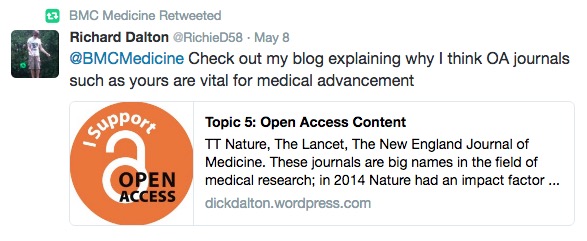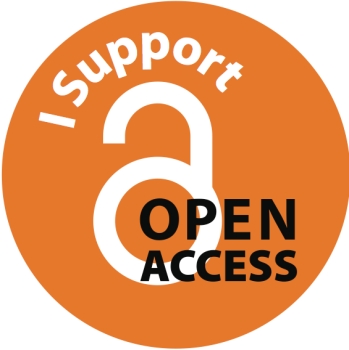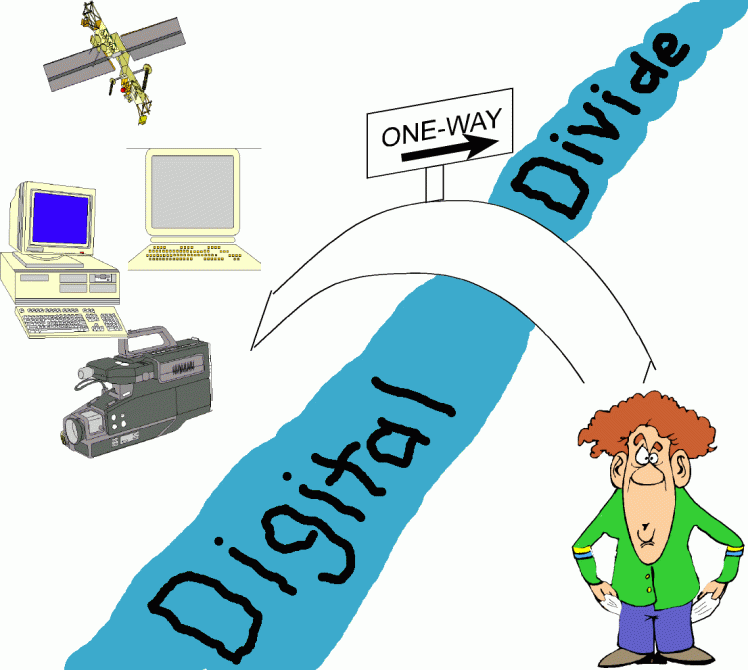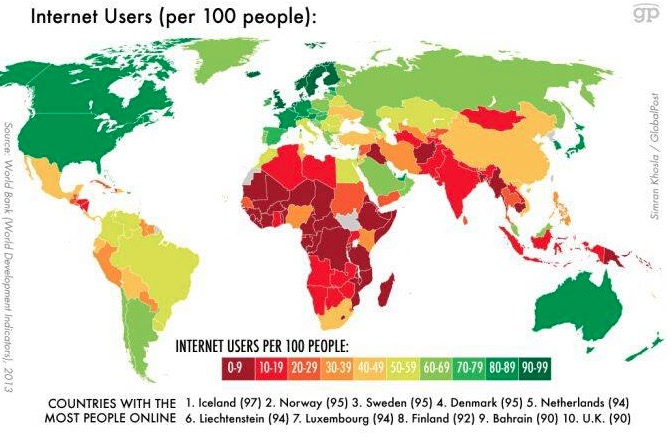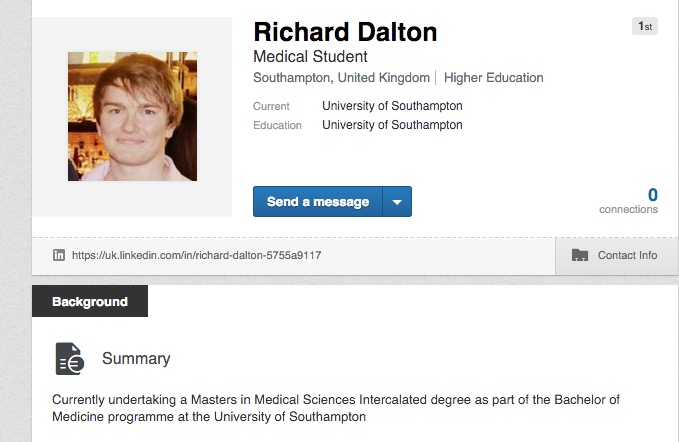
UOSM2008 Final Reflection
Today is a sad day. I will miss UOSM2008! I have made the Powtoon video below as my final reflection. I think the fact that I was able to, and chose to make it shows just how far my digital literacy skills have come with the help of this module.
Continue reading →

